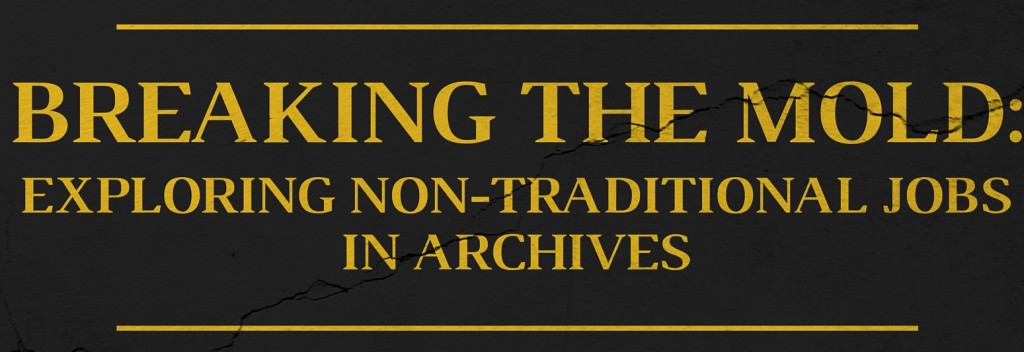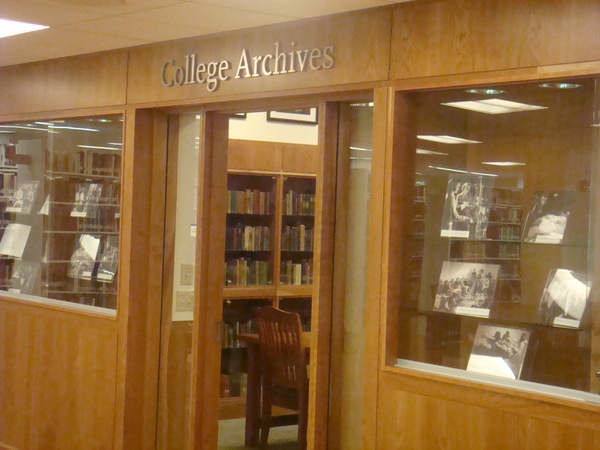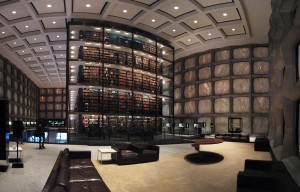SLA/SCoSAA co-hosted a conversation between three non-traditional archivists,forming a panel called “Breaking the Mold: Jobs In Non Traditional Archives.” The event was held on Tuesday, March 22, from 4:30-5:30 PM in the Kotzen Room on the Simmons campus. The …


